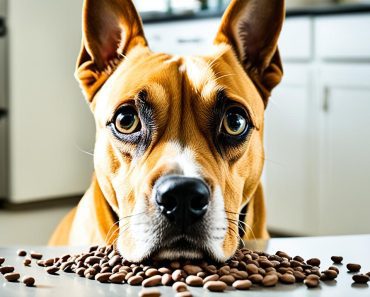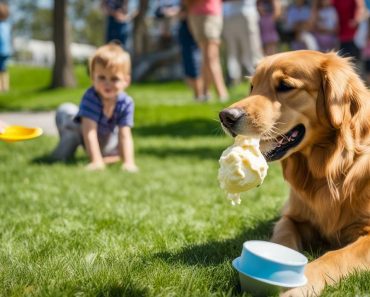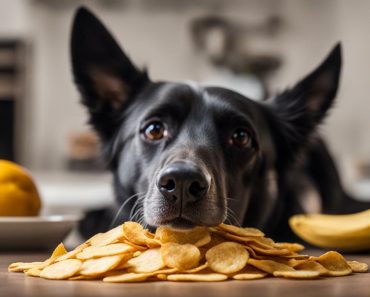As a dog owner, you may have wondered if it’s safe for your furry friend to consume dill weed. Well, I’m here to tell you that yes, it is safe! Dill weed, a feathery green aromatic herb, is not only nontoxic but also has several health benefits for dogs. However, it’s essential to introduce dill to your dog’s diet gradually and in small quantities to ensure they don’t have any adverse reactions.
Can Dogs Eat Dill Weed? In small amounts, yes they can.
- Dill weed is safe for dogs to consume in small quantities.
- Introduce dill to your dog’s diet gradually to monitor any adverse reactions.
- Dill can be added to your dog’s food as fresh leaves or as a tea.
- Avoid giving dogs dill pickles or human food with dill seasoning.
- Monitor your dog for any signs of allergic reactions when introducing dill.
What Is Dill?
Dill is a versatile annual herb that belongs to the parsley family. With its feathery appearance, dill is not only a popular ingredient in various culinary dishes but also finds its place in natural cleaning products. This fragrant herb is known for its strong aroma, making it a delight to include in cooking and aromatherapy. Dill can be grown fresh in herb gardens or used in its dried form, providing flexibility for usage.
When it comes to its nutritional profile, dill contains antioxidant flavonoids that help combat the buildup of harmful free radicals in the body. It is safe for dogs to consume dill in small quantities, but it is not necessary to include it in their regular diet.
With its vibrant green leaves, dill adds an aesthetic touch to any dish. Whether you’re sprinkling it on top of salads or incorporating it into your favorite recipes, dill offers a distinctive flavor that complements a range of flavors.
So, the next time you come across dill in a recipe or at your local grocery store, you’ll know exactly what it is and how it can enhance your culinary experiences.
Can Dogs Have Dill?
Dogs can have dill in small quantities. It is safe for them to consume, but it is not necessary to include it in their diet.
Dill can be given to dogs in different forms, such as:
- Fresh leaves
- Dill seed tea
- Sprinkle on top of their food
Giving dill to dogs can help treat various issues, including bad breath, gas, and stomach upset.
However, it is important to monitor your dog for any allergic reactions or digestive issues when introducing dill to their diet.
How To Give Dill To Dogs
When it comes to giving dill to dogs, there are a few simple and safe methods. One option is to make a dill seed tea by mixing one teaspoon of dill seed with 8 ounces of hot water. Allow the tea to cool before offering it to your furry friend. Dill seed tea can be given to dogs as a refreshing treat or used to combat bad breath. If your dog isn’t a fan of the taste of dill tea, you can mix it with unsalted bone broth for added flavor and nutrients.
Another way to include dill in your dog’s diet is to sprinkle a small amount of fresh dill on top of their food. This can help with gas and stomach upset, as dill is known to have soothing properties for the digestive system. Just remember to start with small quantities and carefully monitor your dog’s reaction to ensure they tolerate dill well.
It’s important to note that while dill is generally safe for dogs, each pup is unique, and some may have allergies or sensitivities. If you notice any adverse reactions, such as itching, coughing, or sneezing, discontinue the use of dill and consult your veterinarian for further guidance.
Dill can be a beneficial addition to your dog’s diet when incorporated properly. Whether in the form of a refreshing tea or a sprinkle of fresh dill on their food, this herb can provide relief for digestive issues and promote overall well-being in your furry companion.
Human Food With Dill
While dill is safe for dogs to consume, it is important to note that it is best not to give them food made for humans that contains dill seasoning. The problem lies in the high levels of carbs, salt, sugar, and other unsafe herbs and spices often present in human food. These ingredients, such as garlic, onion, and salt, can be harmful to dogs and may make them sick.
For example, it is crucial to avoid giving dogs potato salad or any other human food made with fresh dill seasoning. These dishes may seem tempting, but the potential risks to your furry friend’s health outweigh any possible benefits.
When it comes to feeding dogs, it’s always best to stick to a balanced and nutritionally appropriate diet specifically formulated for their needs. This ensures that they receive all the necessary nutrients without any potential hazards.
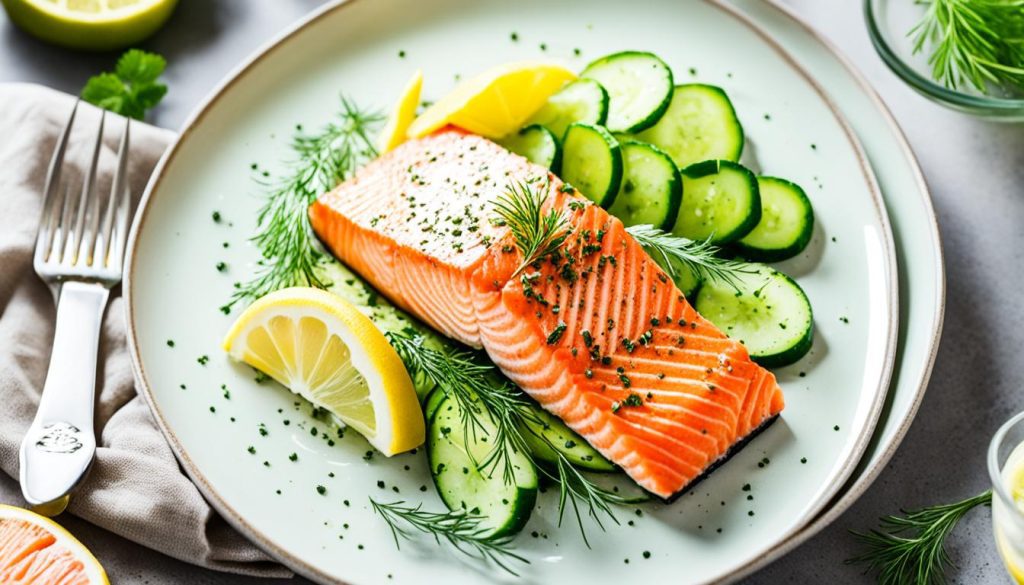
Nutrition and Health Benefits of Dill
Dill is not just a flavorful herb, but it also offers various nutritional benefits and health advantages for dogs. Let’s explore the reasons why incorporating dill into your dog’s diet can be beneficial.
Nutritional Benefits
- Vitamins: Dill is a good source of essential vitamins, including vitamins A and B, which are important for maintaining overall health and supporting different bodily functions in dogs.
- Antioxidants: Dill contains antioxidants that help combat the damaging effects of free radicals in the body. These antioxidants promote better overall health and can potentially prevent the onset of certain diseases.
Health Benefits
- Anti-inflammatory Properties: Dill possesses anti-inflammatory properties, making it valuable for dogs with chronic pain or arthritis. Adding dill to their diet may help alleviate inflammation and provide some relief.
- Dissolving Uric Acid Buildup: Dogs suffering from kidney stones may benefit from dill as it can help dissolve uric acid buildup, promoting better kidney health and functioning.
- Heart and Organ Health: The nutrients present in dill contribute to heart and organ health. Including dill in your dog’s diet in small quantities can help support their cardiovascular system and overall organ function.
Overall, incorporating dill into your dog’s diet in moderation can provide nutritional benefits and promote better health. However, it is essential to introduce dill gradually and monitor your dog for any adverse reactions. If you notice any allergic symptoms or digestive issues, it is best to discontinue the use of dill.
Is Dill Bad For Dogs?
Dill is not bad for dogs when given in small quantities. As a pet owner, you may wonder if dill is safe for your furry friend. Rest assured, dill is generally safe for dogs to consume. However, it is essential to be aware that some dogs may have allergic reactions to dill.
If your dog has not been exposed to dill before, it’s important to introduce it slowly and monitor their reaction. Allergic reactions to dill in dogs can manifest as itching, sneezing, or coughing. If you notice any of these symptoms after giving your dog dill, it is best to discontinue feeding it to them.
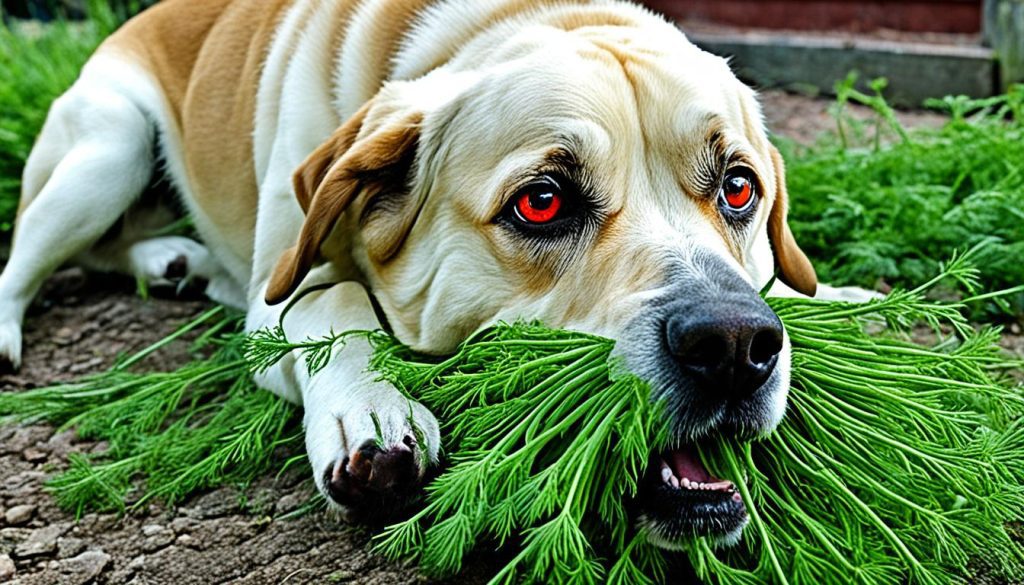
It’s also worth mentioning that dill allergies in dogs are relatively rare. Most dogs can safely enjoy dill without any adverse effects. However, every dog is unique, and just like humans, dogs can develop allergies to various substances.
If your dog has a known allergy to dill or experiences any adverse reactions, it is best to avoid giving them dill altogether. It’s always better to err on the side of caution when it comes to your pet’s health and well-being.
Conclusion
Dill weed is a safe and nontoxic herb for dogs to consume in small quantities. It offers several health benefits, including anti-inflammatory properties and support for digestive health. When introducing dill to your dog’s diet, it is important to start with small amounts and observe for any allergic reactions or digestive upset.
While dill can be a nutritious addition to your dog’s diet, it is crucial to avoid giving them dill pickles or human food seasoned with dill. These may contain unsafe ingredients such as garlic, onion, and salt, which can be harmful to dogs. To ensure the safety of your furry friend, it is best to use fresh dill leaves or dill seed tea when incorporating dill into their meals.
Remember, every dog is unique, and it is important to monitor their individual response to dill. If you notice any adverse reactions, such as itching or sneezing, it is best to discontinue feeding your dog dill. Overall, when used appropriately, dill weed can be a beneficial and flavorful addition to your dog’s diet.

